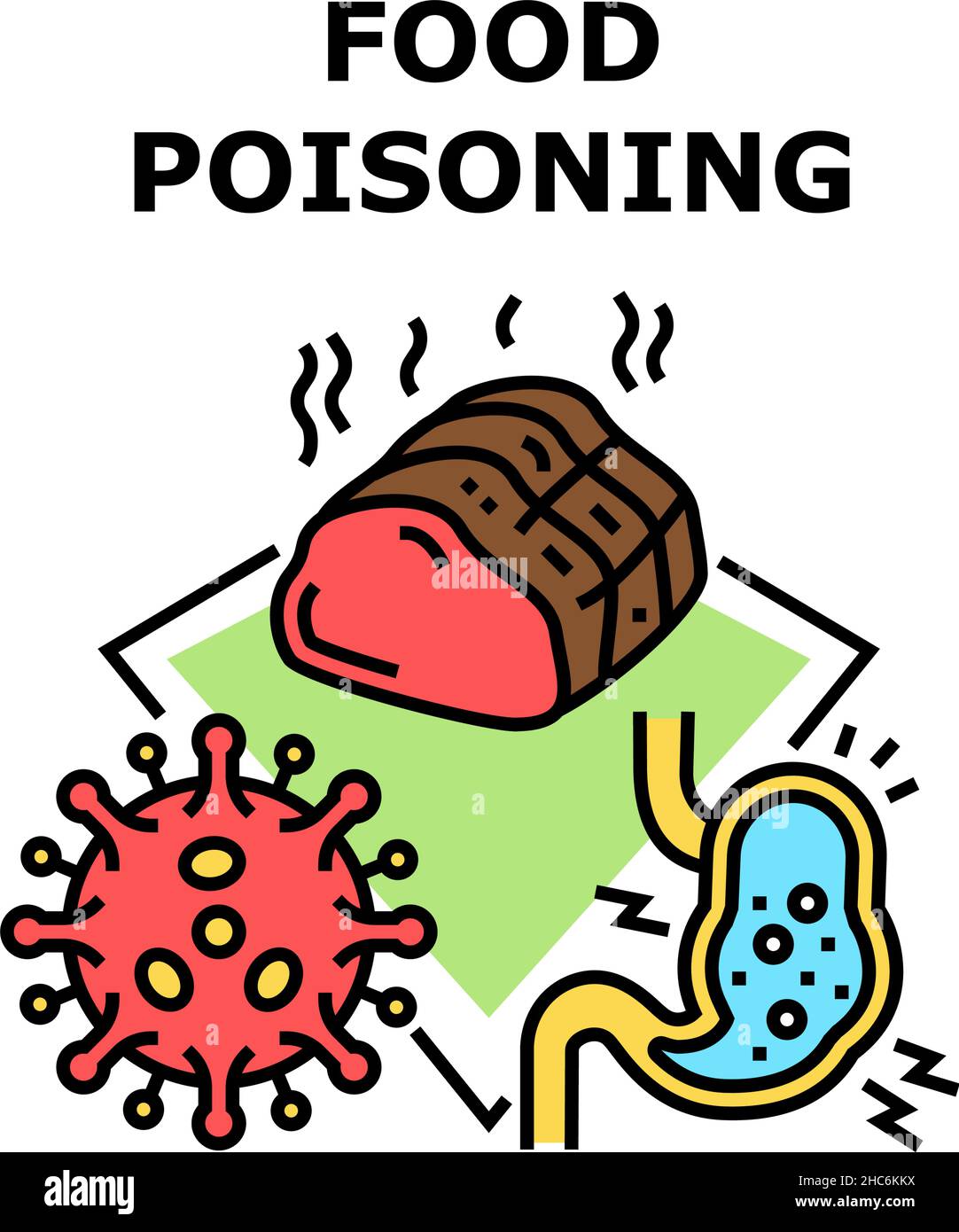Tube Rank: Your Guide to Video Success
Discover tips and insights for optimizing your video presence.
When Dinner Turns Deadly: The Hidden Dangers of Food Poisoning
Discover the shocking truths behind food poisoning and how a seemingly harmless dinner could turn deadly. Don’t eat before reading this!
Top 10 Foods Most Likely to Cause Food Poisoning
Food poisoning is a serious health concern that can arise from consuming contaminated food. Certain foods are notorious for their higher risk of causing foodborne illnesses. Raw or undercooked meats, particularly chicken and turkey, are among the top culprits due to the presence of harmful bacteria like Salmonella and Campylobacter. Additionally, seafood, especially raw oysters, can harbor dangerous pathogens such as Vibrio. To keep your meals safe, it is essential to be aware of these high-risk foods.
Other foods that frequently lead to food poisoning include eggs, which can carry Salmonella, and dairy products, especially those that are unpasteurized. Leafy greens, like spinach and romaine lettuce, have also been linked to various foodborne outbreaks, often due to contamination with E. coli. Sprouts and unwashed fruits can pose risks as well, so it is vital to wash them thoroughly before consumption. By knowing the top foods most likely to cause food poisoning, you can take precautions to protect your health.

How to Recognize the Symptoms of Food Poisoning
Food poisoning can manifest in various ways, with symptoms typically appearing within hours or days after consuming contaminated food or beverages. Common symptoms include nausea, vomiting, diarrhea, stomach cramps, and fever. It's important to pay close attention to how your body responds after eating, as these signs can serve as critical indicators of foodborne illness. In some cases, symptoms may be mild and resolve on their own, but severe symptoms can lead to dehydration and require medical attention.
To recognize the symptoms of food poisoning, be vigilant about the timing and nature of the symptoms. For instance, a sudden onset of nausea or vomiting right after a meal may suggest food poisoning rather than a stomach virus, which often has a gradual onset. If you experience intense stomach pain or bloody stools, it's crucial to seek medical guidance immediately. Keep in mind that certain high-risk groups, including young children, the elderly, and those with compromised immune systems, may exhibit more severe reactions to foodborne pathogens.
What You Need to Know About Food Safety Practices
Food safety practices are essential in ensuring that the food we consume is safe and free from harmful pathogens. Proper handling, cooking, and storage methods can significantly reduce the risk of foodborne illnesses. It is important to always wash your hands before and after handling food. Additionally, ensure that your kitchen surfaces and utensils are clean and sanitized. Cross-contamination is a major concern, so keep raw meats separate from other food items to prevent the spread of harmful bacteria.
When it comes to cooking, following the recommended temperatures is crucial. Use a food thermometer to check the internal temperature of meats, which should reach at least 165°F for poultry and 145°F for whole cuts of beef and pork. After cooking, store leftovers promptly in the refrigerator at or below 40°F. It's wise to label and date food containers, as most leftovers are safe for consumption only within three to four days. By adhering to these food safety practices, you can enjoy meals without the worry of foodborne illnesses.